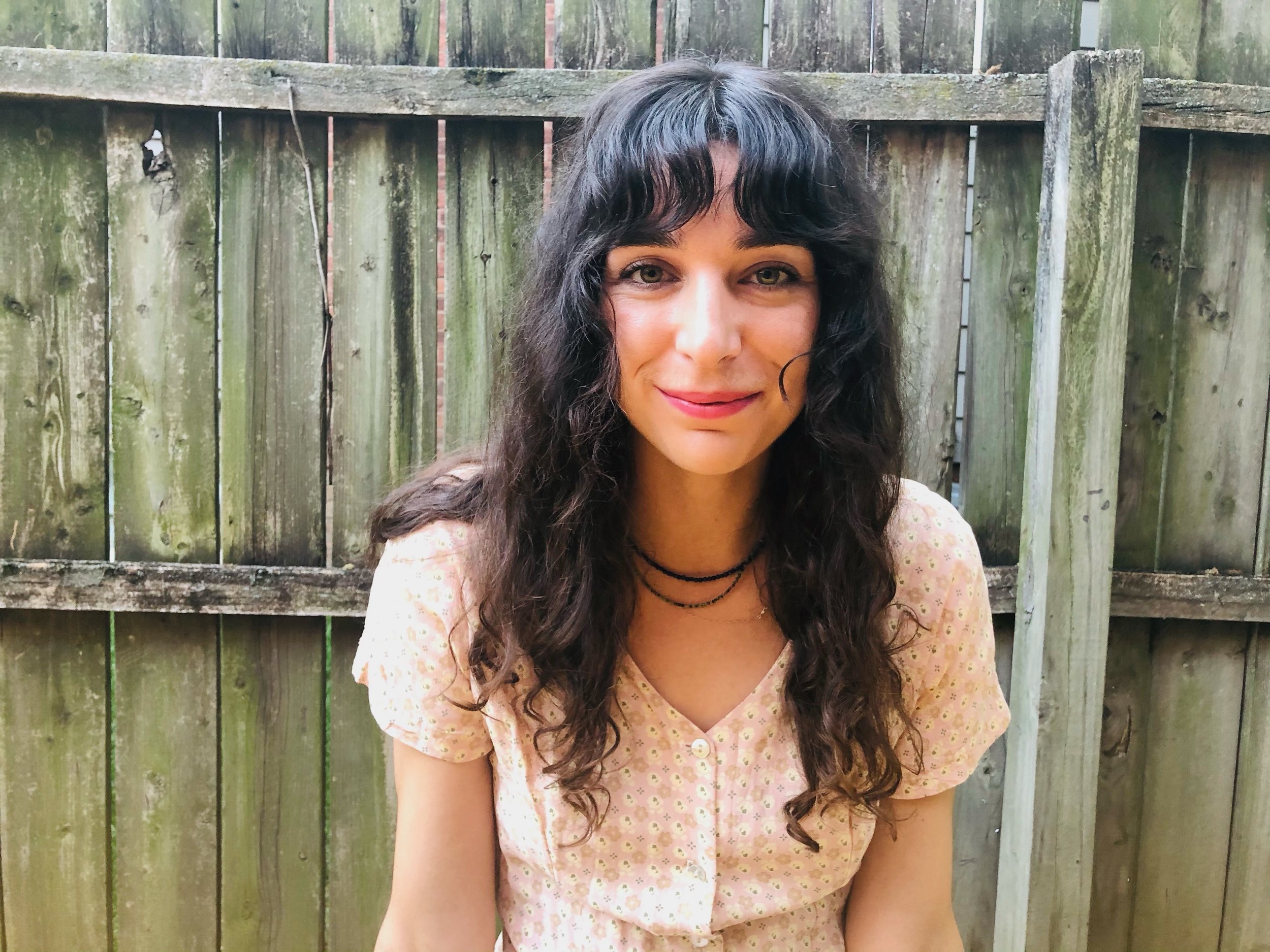Announcing the Winners of the 2022 Writing Contests
We’re very excited to announce the winners of our 2022 writing contests, as chosen by guest judges Kimberly Grey and Jenny Boully!
Prose Winner
Philip James Shaw— “prepositions for elijah”
Jenny Boully writes:
"prepositions for elijah," with its sparkling language, kinetic imagery, lush detail, deep mining of memory, took hold of me immediately. This is writing that fills the expanse of consciousness, captures what it is like to think, to dream, to remember, to hold a moment, to go deep into its core until it bursts outwards, ever expanding, a world of its own, pure and beautiful, a dazzling wonder to behold.
Philip James Shaw writes, paints, and creates communications on behalf of organizations dedicated to equity and access in health and education. He lives in Port Townsend, Washington.
Poetry Winner
Amanda Maret Scharf— “Boatsong/ Viljandi Paadimees”
Kimberly Grey writes:
This contrapuntal blew me away for its deft use of silence and fracture as a gesture of language. There is an elliptical sense to the way the two parts interact—a silence that exists because of time, generational divide, loss, and misunderstanding. There is a daughter and a mother fractured by grief, and a laborious attempt to reattach through song. This poem is a profound, formal demonstration of the Wittgensteinian notion of the inexpressible as a background against the expressed; each side individually more coherent than the marrying of the two together (much like individual people). Is this what grief does to us? That no matter how it is shared, it is a wholly individual action with one person in active grieving and the other, somehow, always a witness to the act? I think the speaker wants there to be some kind of communion, but the poem knows what continents have known for a long time: there will always be space between us, fractals made of our edges, keeping us ever so slightly (or distantly) apart. The best we can do is song, and this one is sung across the gaps we are made of, the gaps a poem makes between the language: a perfect marriage of what’s expressible and what is sometimes, or perhaps always, impossible to express.
Amanda Maret Scharf (she/her) is a queer poet from Los Angeles. Her writing has been supported by Lambda LitFest, Community of Writers at Squaw Valley, Tin House, and The Home School. Her poems have been published or are forthcoming in Meridian, Willow Springs, The Iowa Review, and elsewhere. She is currently an MFA candidate in poetry at Ohio State University where she serves as poetry editor for The Journal.
Prose Runner-Up
Chris Shorne— “How Your Heart is Formed”
Jenny Boully writes:
I loved the ornate simplicity of "How Your Heart Is Formed," how it struck with its intense sincerity, its overt and covert mournings, its reckoning with heartbreak and love. It is power in the face of powerlessness; the piece reaches for hope, invents its own logic to save the world. The language is confident then trips, as do our hopes, as do our dreams. It is a piece that merely wants to hold, that delivers a voice that we feel held by. We hope this voice can save a brother, as well as the world.
Chris Shorne was previously a human rights accompanier in Guatemala, teacher at a queer writing institute, and administrative assistant for an international DeafBlind retreat. Shorne holds an MFA from Antioch University Los Angeles and has published with Utne, Bennington Review, Jellyfish Review, and The Portland Review.
Poetry Runner-Up
Jen Jabaily-Blackburn— “Sleep when the Baby Sleeps”
Kimberly Grey writes:
This poem is a powerful expression of disorientation: the reachable language that comes when one is tired and one’s world has been altered by new life. There’s irony in the repetition of the advice refrain: “sleep when the baby sleeps,” and this irony straddles humor and exhaustion, a demonstrable absurdity of the upside-down-ness of new parenthood. The dashes as stanza breaks can be read as tick marks or time-markers, each representing a unit of time passed until the “we” become, in their sleepless existence, “radiant as stripped wire…shed absolutely everywhere.” “Sleep when the Baby Sleeps” is not just a poem but a reality set forth with language. If you listen, it ticks like a clock, like a life.
Twice selected for Best New Poets (2014 & 2016), Jen Jabaily-Blackburn’s most recent work is forthcoming or has appeared in On the Seawall, Couplet Poetry, Indiana Review, Radar Poetry, The Common, and Massachusetts Review. She lives in Western Massachusetts with her family, where she is Program & Outreach coordinator at the Boutelle-Day Poetry Center at Smith College.
Prose Finalists
Ryan Harper— “A Triptych in Cards at the End of America’s Game”
Jamie Logan— “What Comes After”
Mackenzie Singh— ”The Guest”
Julia Talen— ”Revisiting the Earth Room”
Francis Walsh— ”Peony Poppet Myrtle”
Eun Yoon— “Barometer of Ruin”
Poetry Finalists
Moni Brar– “Storing Violence”
Lisa Compo— “Our Bodies Hover within the Clerestory”
Hollie Dugas— “Fly to Venus Flytrap: A Love Letter”
Shannon Hearn— “To Be Fed By This / Wanting”
Angie Kang— “Nothing to Lose (But Our Chains)”
S.A. Leger— “Bacteria Costume”
Eros Livieratos— “some sexual trauma of a catholic boy whose hands look like mallets”
Jennifer Whalen— “If I Erase My Body”
Thanks so much to our wonderful judges and everyone who submitted to our annual writing contest!
Winners receive $1,000, and both winners and runners-up will be published in the 2023 print issue of Fugue. This year, we received a notably large number of submissions, and our editors and judges enjoyed examining them all with care.



